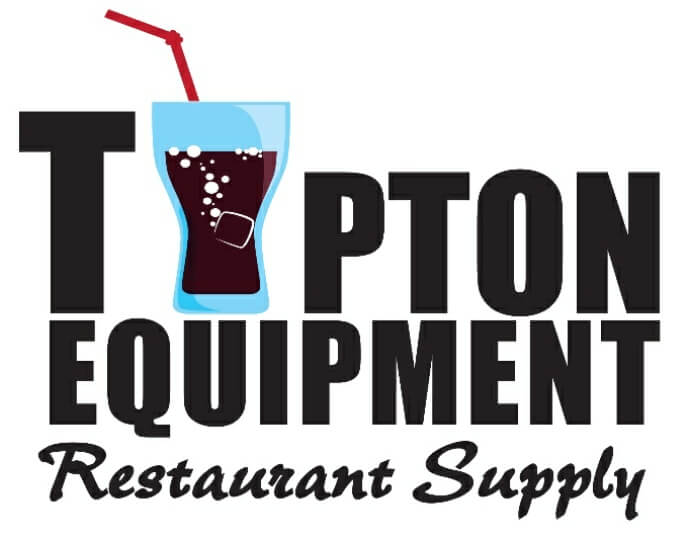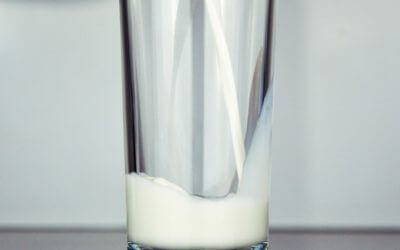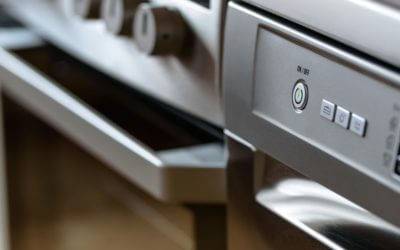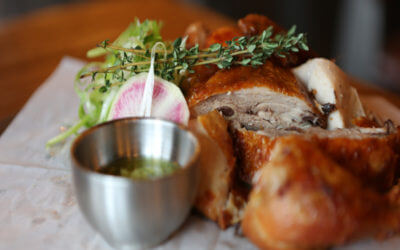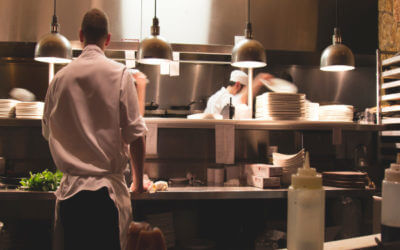Keeping Your Commercial Kitchen Clean
June 20, 2019According to the U.S. Centers for Disease Control and Prevention, one-in-six Americans get sick from consuming contaminated food or beverages every year.
Food poisoning isn’t surprising considering commercial kitchens can serve as a hot spot for germs and bacteria if they aren’t properly maintained. Regardless of whether the kitchen is in a high school cafeteria or a five-star hotel restaurant, ensuring your commercial kitchen is a clean and healthy environment should be a top priority.
Systematic
To operate a successful kitchen, you will need to incorporate a regular cleaning schedule into the day to day running of your business. From everyday tasks to those which can be performed less regularly, your cleaning program will all depend on how often you use your kitchen.
For example, every day you will need to; wipe down the sink and worktops and clean the floor. Whereas cleaning cabinets, appliances, fridges, and other kitchen equipment may need less regular cleaning.
Ensuring you strict daily, weekly, and monthly tasks will help to ensure your cleaning program is adhered too and maintained.
Floors
Given the busyness of the typical commercial kitchen, dirty floors are standard in restaurants. Dropped food can cause germs in the air as small droplets and adversely affect the food’s quality. Employee shoes can track dirt into walk-in freezers, walk-in refrigerators, and food-prep areas, causing cross-contamination. The takeaway? Dirty commercial kitchen floors aren’t just a trip-and-fall hazard; they’re also a threat to public health, as they can harbor organisms that cause food-borne illnesses. Unfortunately, mopping may be insufficient.
So, what does work when it comes to the question of how to clean a greasy restaurant kitchen floor? We recommend a floor cleaning system that scrubs the floor and sucks up all the dirty liquid into a holding tank. While this may seem like an unnecessary expense compared to a mop, it’s an investment in the overall well-being of your restaurant kitchen. An industrial kitchen degreaser is one of the commercial kitchen cleaning supplies that can help remove grease from kitchen floors.
One additional tip: Save cleaning the floors for last to avoid having to do the work again due to debris falling from other surfaces as you wash them.
Clean, Clean, and Cleaner
Kitchen equipment and surfaces need more than just washing. To help ensure that bacteria numbers are reduced to a safe level, it’s essential to sanitize. There are two different ways to disinfect, with a chemical agent or with heat. This takes cleaning one step further and provides long-lasting protection against potential contamination.
Food poisoning occurs when someone consumes unsafe food or drink – often contaminated with harmful bacteria. So how can you keep your commercial kitchen clean and fresh?
First, hands are one of the primary ways in which germs spread. All people working in a position where they touch food should know how to wash their hands properly. Washing includes before and after handling raw food or touching anything that may have been exposed to germs.
Perishable products usually come with “use-by” dates, based on scientific testing. These dates indicate approximately how long items will remain safe for consumption. Following the use-by date, food could be unsafe to eat, even if it looks and smells normal.
It’s essential to make sure that your refrigerator is set below the 41°F if you want to ensure that chilled foods remain chilled to a safe temperature. Keeping foods at the right temperature during periods of storage can ensure that harmful germs are not permitted to grow and multiply. Make sure that commercial fridges do not get overfilled, as there should always be enough room for air to circulate – thereby maintaining the correct temperature.
Apply routines and stay consistent, and your commercial kitchen will thrive in cleanliness and productivity.
What’s in a Cooking Pot, How to Choose the Right One?
As a restaurant owner, your cooking needs might vary. Did you know that a good quality pot can greatly improve your cooking experience, while also improving the quality of your cooking? This cooking equipment is a very important one that cannot be done away with...
5 Things Every Restaurant Owner Should Do Before Buying Used Kitchen Equipment
Equipping your restaurant properly can cost a lot of money, so buying used kitchen equipment is the go-to choice for many restaurateurs. Buying used kitchen equipment for a restaurant is a bit different than buying used equipment for your home, however. You will...
Top Restaurant Technology Trends in 2018
When looking to buy restaurant supplies, you want to be on the leading edge of technology trends. This will keep your kitchen running smoothly. Let’s take a look at some of the most recent trends in restaurant supplies technology. 1. New Payment Options Who would...
5 Different Ice Shapes and Why You Should Care About Them
Ice makers are very popular in the restaurant and foodservice community because they eliminate the need to buy ice every day. And of course, adding an ice maker to your collection of foodservice equipment means you will always have ice on hand when you need it. An...
Pulping and Grinding: A Starter’s Guide to Reducing Commercial Food Waste Costs
For most restaurant owners and managers, the expenses involved in making meals are always under careful consideration. Water is needed to prepare, cook and wash food; power is necessary for food prep, cooking and cooling, and so on. However, how many of us consider...
Choosing the Right Milk Cooler: Cold Wall or Forced Air?
In a restaurant, milk is an essential to have on hand for coffee and other café-style beverages, for serving with kids’ meals, and as a key ingredient in many recipes. Keeping your milk properly chilled can be difficult without the proper restaurant equipment....
How to Choose Your Next Commercial Meat Smoker
The movies that connect with us on a personal level are the ones that linger in our memories forever. Anyone who has used a commercial meat smoker knows that they have a huge influence on the taste of a meal. You need to have just the right kitchen equipment to get a...
Are High Speed Ovens Too Good to be True?
You might have heard a few of the bold claims that foodservice equipment manufacturers have been making about high speed ovens, but they can’t be possible, right? Cooking three times as faster as regular ovens? Five times as fast? Fifteen times as fast? It may seem...
Choosing the Right Food Storage Containers for Your Restaurant
Choosing the right kitchen supplies will make a difference in your restaurant. Whether it is heavy duty kitchen equipment or food storage containers, each piece of equipment plays its own important role. Today, we are going to talk about how to choose the right food...
Tipton’s Guide to Perfect Poultry Trussing
Do you ever truss birds in your commercial kitchen? Trussing is a fantastic cooking technique because it makes poultry cook faster, look more attractive and taste better. If your commercial kitchen prepares poultry, you don’t want to miss these trussing tips. Trussing...
How to Eliminate Excess Condensation in Your Kitchen
Is your commercial kitchen getting steamy? If so, you could have more than just an uncomfortable working environment on your hands. Excess moisture in your commercial kitchen can result in the corrosion of equipment, the development of mold, and even damage to your...
The DIY Guide to Your Restaurant’s Own Garden
Stocking your restaurant supply with your own home-grown herbs and produce can truly bring your dishes to life. When it comes to food, everyone knows there’s nothing like homemade and home-grown. Having your own culinary garden, however large or small, can help you...
5 Reasons a Meat Grinder Will Set Your Burgers Apart
The more you do to prepare your foods in-house with the right kitchen equipment, the fresher and more flavorful your dishes become. There are all sorts of restaurants offering fast-food style burgers, but some diners are looking for the real deal. A fresh, juicy...
Pest Preventions to Implement in Your Commercial Kitchen
Restaurant pests: it’s something that few people want to think about. Like it or not, pest management is an essential consideration for every commercial kitchen. Offering food, shelter and water, the unprepared commercial kitchen naturally provides everything pests...
Choosing the Right Material for Your Cooking Equipment
Kitchens are very unique to their chef. Just like a car mechanic has a toolbox unique to them, so is the cooking equipment in a kitchen. And over time, the same cooking equipment become a natural extension of the chef. What tools are you using in your kitchen? It...
